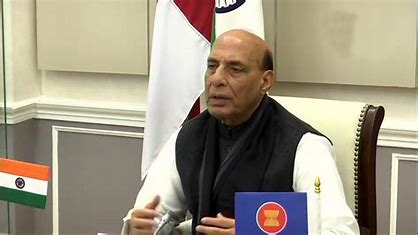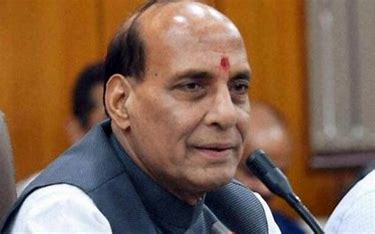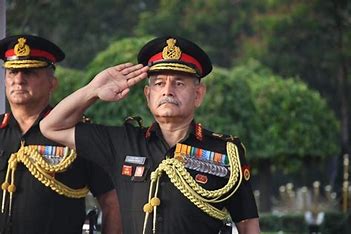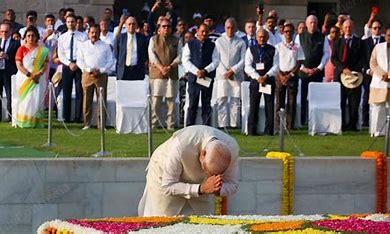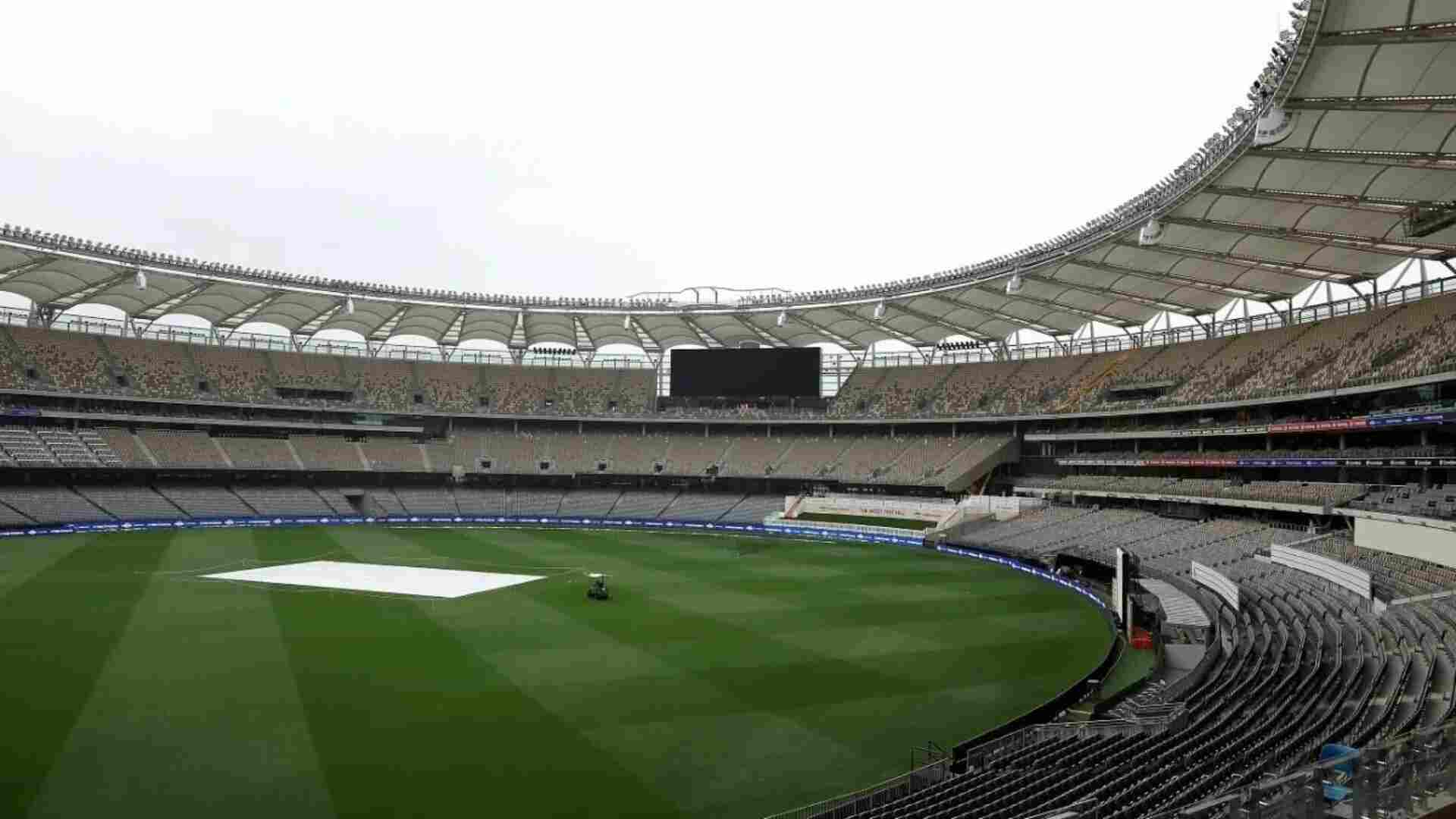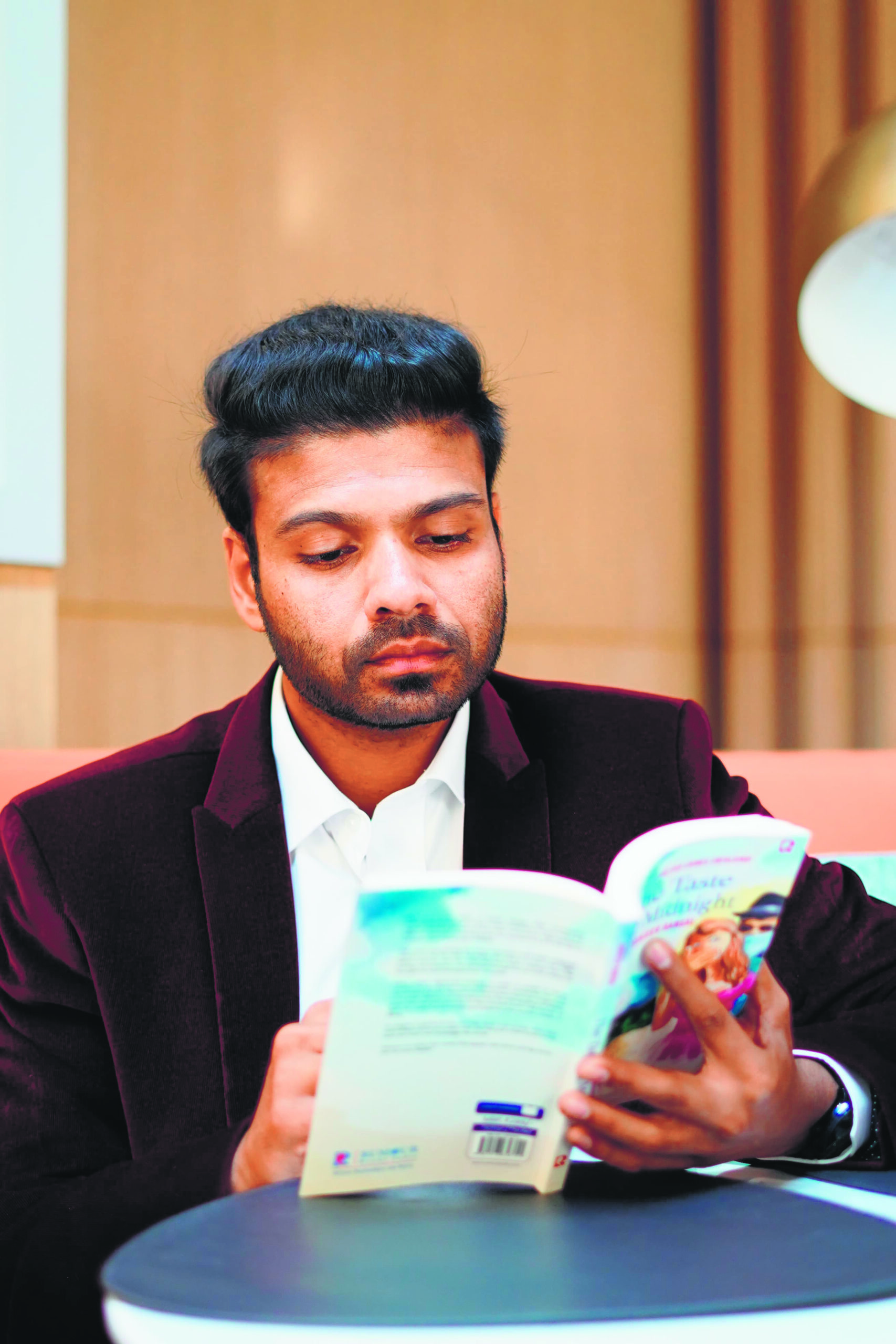
Sanjeev Bansal is the hailing author of crime thriller “The Taste of Midnight (Part-1) and poetry book “An Ode to Shimla”. He is a part of various eminent book communities and has been invited to different literature festivals. Sanjeev grew up in a small town of Punjab. From childhood, he has been inclined towards nature and mountains. The intriguing journey took him to do higher studies from hilly peaks of Choordhar mountains and later to lush Sal forests of Dehradun.
For Sanjeev, poetry writing is a devotion to sacred love and an essence of life. His prose is proof that his soul is an unconditioned love giver. The essence of his poetry signifies the hidden pain of the world and soul. Once travelling through the masterpieces of art written in Shakespearean style, one could feel devotion, deepest of emotions and humbleness that Sanjeev carries, illustrating in the form of sacred art. Here is an exclusive interview with the author.
Q. How did you start writing? Did you intend to become a writer or poet?
A. Oscar Wild said, “I don’t want to be at the mercy of my emotions. I want to use them, to embrace them and to dominate them.” From childhood, I wanted to write about nature and whenever I go to my village, my granny narrates stories on mountains and life of the people living there. It just happened and I travelled on the path of literary voyage describing: “This is all your story; I don’t have any story of my own.”
Q. What are some of your favourite books that you’ve written?
A. An Ode to Shimla is a tale of love ballads. The proses are an ode and devotion of heart and soul to their mortal magnificence as:
“Shimla, the snow horizon of heavenly dufes,
Shimla, the origin, the home of nightingale.”
The Taste of Midnight (part 1) is a crime thriller in which Mike, a naïve and humble guy, culminates into the castle of bloodcurdling events. An eclipse of darkness plays her hand – Stella, his best mate abducted by an anonymous mastermind. What follows is a strange and frightening escapade and an accused murderer Mike.
Q. How do you come up with ideas for your books?
A. Writing Poetry is a slow work and to signify your thoughts with deep insights is tedious. Each word is like a dream of a sleepless night, and it is shaped into poesy. Poetry is like spilling out rhymes of love that I drink and embrace it in my soul. This book is amazed and thrilled by suspenseful plots and events around you, my inner self shook to portray such events into a masterpiece and hence that idea took the shape of a novel.
Q. Tell us something about your upcoming projects.
A. Currently, editing poetry, having classes of couplets to haikus and furthermore as long epitaphs followed by the sequel of “The Taste of Midnight”.
Q. Provide an example of a time when you had to conduct research for a book?
A. Character framing in “Taste of Midnight”, especially the appeal of the dark angel, was very challenging. Secondly, the mixture of short verses in classic poetry style makes genre an inimitable affair to remember. However, the heart of the plot revolves around the mystery of Stella and interesting events.
Q. How well do you handle criticism?
A. To criticize does not necessarily imply “to find fault”. It could just be an exploration of different sides of an issue. I recall one prose, “I kept on learning the skill of fighting all our life with the waves, but how did we know that the shore would also be a killer?” In fact, it makes me learn, and grow, for their inclusion in future endeavors.
Q. Do you have any tips for aspiring authors?
A. Every failure is a new beginning. Meet experienced minds, develop a circle of such people, and walk on the path of truth. Dreams will come true one day and seek empathy. Overcome failures, and build them as your strength, because tomorrow will come only if you hold tonight.
Q. Which authors do you admire and why?
A. I am an admirer of classical poets like William Shakespeare, WB Yeats, PB Shelley etc. Poets see things as a prime rose aroused by beauty and emotions. Their work awakens and enlarges the mind by a way of apprehending thoughts.
For instance, one such poetic ideal is:
“The everlasting universe of things
Flows through the mind, and rolls its rapid waves,
Now dark – now glittering – now reflecting gloom –
Now lending splendor…”
The author is an acclaimed literary critic and scholar.
